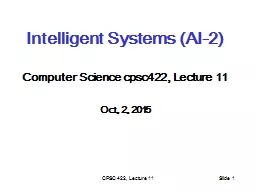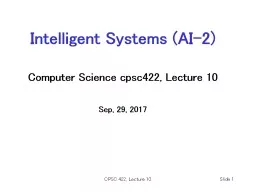PPT-MD Lecture 14.08.2020 8/14/2020
Author : faith | Published Date : 2022-06-15
1 ہيضہ 8142020 2 Cholera What is Cholera an acute diarrheal disease caused by an infection in the intestines can kill even a healthy adult in a matter of
Presentation Embed Code
Download Presentation
Download Presentation The PPT/PDF document "MD Lecture 14.08.2020 8/14/2020" is the property of its rightful owner. Permission is granted to download and print the materials on this website for personal, non-commercial use only, and to display it on your personal computer provided you do not modify the materials and that you retain all copyright notices contained in the materials. By downloading content from our website, you accept the terms of this agreement.
MD Lecture 14.08.2020 8/14/2020: Transcript
Download Rules Of Document
"MD Lecture 14.08.2020 8/14/2020"The content belongs to its owner. You may download and print it for personal use, without modification, and keep all copyright notices. By downloading, you agree to these terms.
Related Documents














